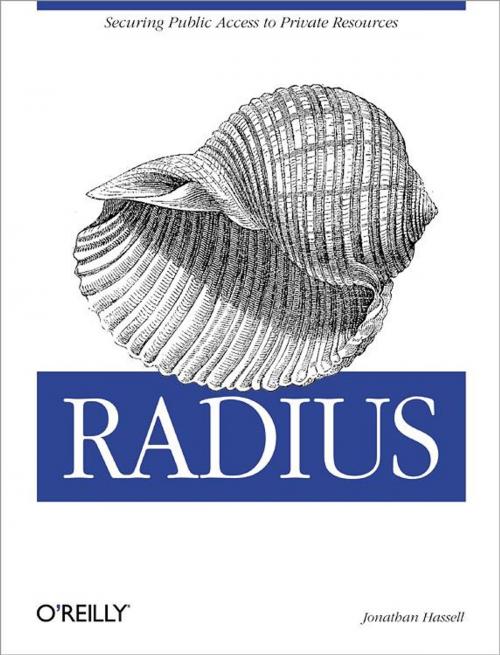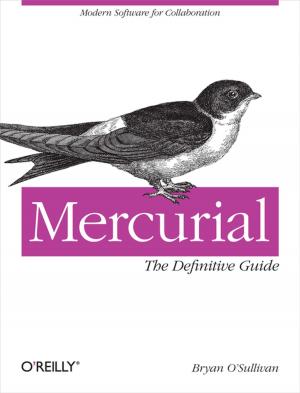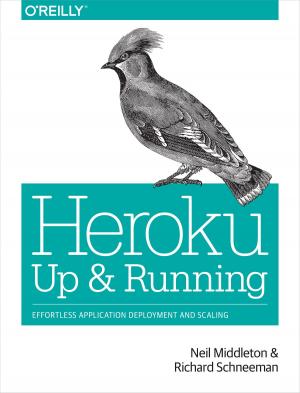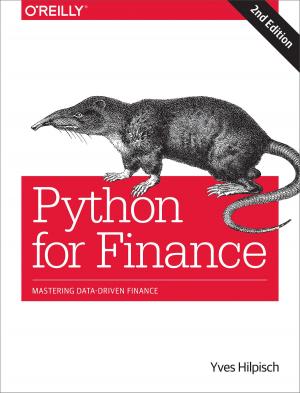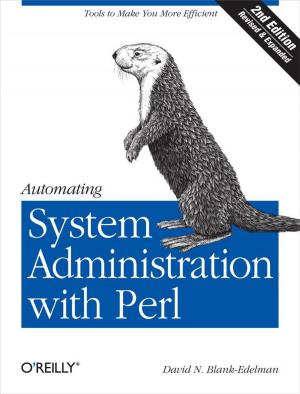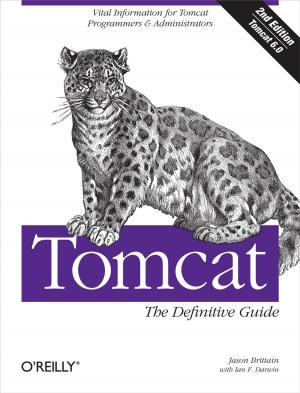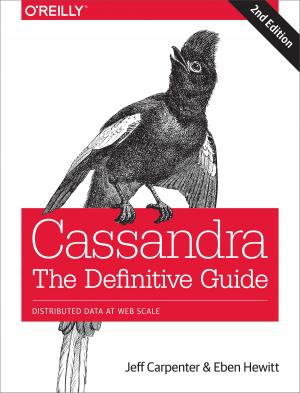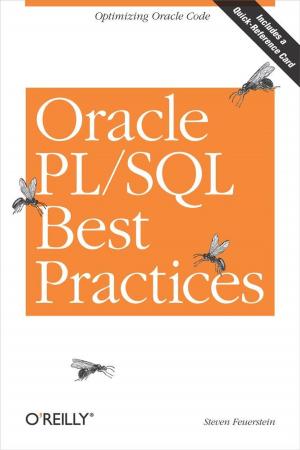RADIUS
Securing Public Access to Private Resources
Nonfiction, Computers, Networking & Communications, Computer Security, Operating Systems, Application Software| Author: | Jonathan Hassell | ISBN: | 9781449395889 |
| Publisher: | O'Reilly Media | Publication: | October 8, 2002 |
| Imprint: | O'Reilly Media | Language: | English |
| Author: | Jonathan Hassell |
| ISBN: | 9781449395889 |
| Publisher: | O'Reilly Media |
| Publication: | October 8, 2002 |
| Imprint: | O'Reilly Media |
| Language: | English |
The subject of security never strays far from the minds of IT workers, for good reason. If there is a network with even just one connection to another network, it needs to be secured. RADIUS, or Remote Authentication Dial-In User Service, is a widely deployed protocol that enables companies to authenticate, authorize and account for remote users who want access to a system or service from a central network server. Originally developed for dial-up remote access, RADIUS is now used by virtual private network (VPN) servers, wireless access points, authenticating Ethernet switches, Digital Subscriber Line (DSL) access, and other network access types. Extensible, easy to implement, supported, and actively developed, RADIUS is currently the de facto standard for remote authentication.RADIUS provides a complete, detailed guide to the underpinnings of the RADIUS protocol, with particular emphasis on the utility of user accounting. Author Jonathan Hassell draws from his extensive experience in Internet service provider operations to bring practical suggestions and advice for implementing RADIUS. He also provides instructions for using an open-source variation called FreeRADIUS."RADIUS is an extensible protocol that enjoys the support of a wide range of vendors," says Jonathan Hassell. "Coupled with the amazing efforts of the open source development community to extend RADIUS's capabilities to other applications-Web, calling card security, physical device security, such as RSA's SecureID-RADIUS is possibly the best protocol with which to ensure only the people that need access to a resource indeed gain that access."This unique book covers RADIUS completely, from the history and theory of the architecture around which it was designed, to how the protocol and its ancillaries function on a day-to-day basis, to implementing RADIUS-based security in a variety of corporate and service provider environments. If you are an ISP owner or administrator, corporate IT professional responsible for maintaining mobile user connectivity, or a web presence provider responsible for providing multiple communications resources, you'll want this book to help you master this widely implemented but little understood protocol.
The subject of security never strays far from the minds of IT workers, for good reason. If there is a network with even just one connection to another network, it needs to be secured. RADIUS, or Remote Authentication Dial-In User Service, is a widely deployed protocol that enables companies to authenticate, authorize and account for remote users who want access to a system or service from a central network server. Originally developed for dial-up remote access, RADIUS is now used by virtual private network (VPN) servers, wireless access points, authenticating Ethernet switches, Digital Subscriber Line (DSL) access, and other network access types. Extensible, easy to implement, supported, and actively developed, RADIUS is currently the de facto standard for remote authentication.RADIUS provides a complete, detailed guide to the underpinnings of the RADIUS protocol, with particular emphasis on the utility of user accounting. Author Jonathan Hassell draws from his extensive experience in Internet service provider operations to bring practical suggestions and advice for implementing RADIUS. He also provides instructions for using an open-source variation called FreeRADIUS."RADIUS is an extensible protocol that enjoys the support of a wide range of vendors," says Jonathan Hassell. "Coupled with the amazing efforts of the open source development community to extend RADIUS's capabilities to other applications-Web, calling card security, physical device security, such as RSA's SecureID-RADIUS is possibly the best protocol with which to ensure only the people that need access to a resource indeed gain that access."This unique book covers RADIUS completely, from the history and theory of the architecture around which it was designed, to how the protocol and its ancillaries function on a day-to-day basis, to implementing RADIUS-based security in a variety of corporate and service provider environments. If you are an ISP owner or administrator, corporate IT professional responsible for maintaining mobile user connectivity, or a web presence provider responsible for providing multiple communications resources, you'll want this book to help you master this widely implemented but little understood protocol.
